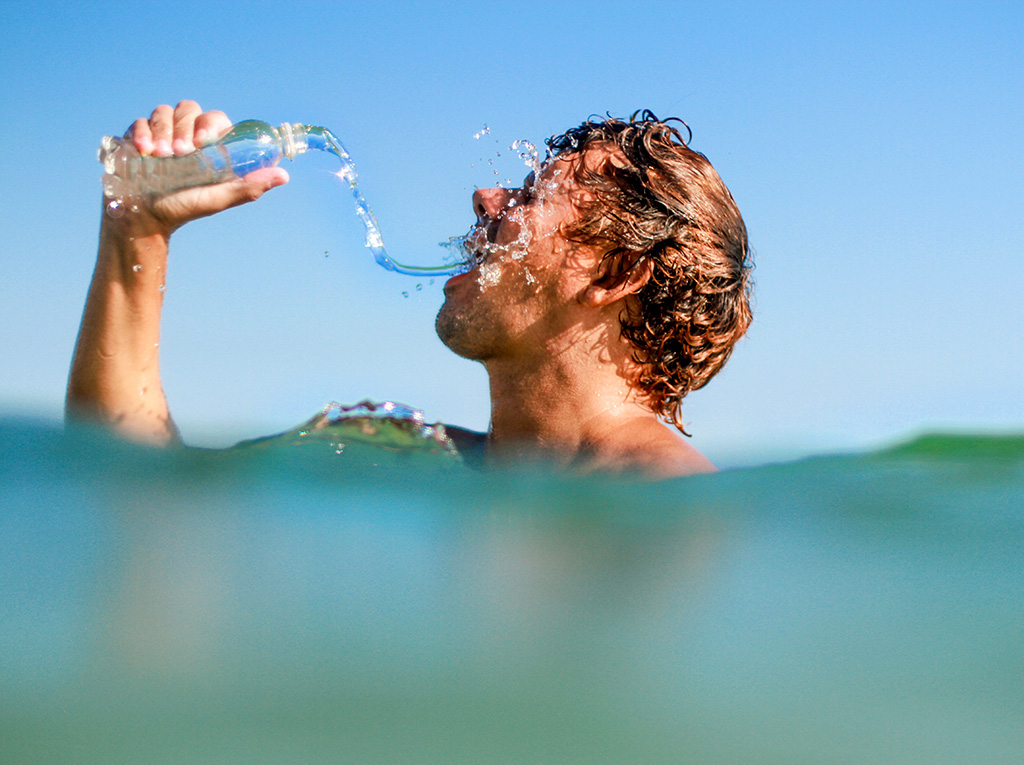Health-related blogs and magazines write about water frequently. There’s a good reason for it because not just any water will do when you need to quench your thirst.
Here’s the thing: various kinds of water have quite different properties. Some types of water are far better for your health than others.
Let’s look closer at the differences in types of water to better understand how it can affect your environment, health, and well-being.
Three Types of Upgraded Water
Drinking water can be treated in a unique way to confer health benefits. These types of water are often referred to as “engineered” or “designed” water. Their molecular structure has been altered to enhance health benefits.
- Soft water
This water eliminates all the problems caused by hard water. Ion exchange units are used by water softener companies to remove calcium, magnesium, and other minerals from drinking water. The process is simple: the sodium and potassium in the softener are exchanged for calcium and magnesium trapped in resin beads.
- Smart water
The electrolytes in smart water are potassium bicarbonate, magnesium chloride, and calcium chloride. Losing water through sweat, diarrhea, or some other means can cause our electrolyte levels to become unbalanced.
- pH-balanced water
Some home water machines will filter your tap water to get it closer to pH 7, which is the ideal pH for drinking water. On a scale between 0 and 14, the U.S Environmental Protection Agency (EPA) recommends that water sources have a pH measurement between 6.5 and 8.5.
Four Common Types of Water
- Freshwater
This water comes from a public water system and flows out of faucets. Although it is treated to remove impurities, it may still contain minerals and chemicals. It is generally safe to drink tap water in most developed countries, but it is always a smart idea to check the quality of your local tap water before drinking it. Most of the world’s freshwater is used for irrigation or domestic purposes like bathing, cooking, and flushing toilets. The different types of upgraded water use freshwater.
- Saltwater
This water is high in minerals such as sodium, chloride, magnesium, and calcium. The ocean is the primary source of salt water, but it can also be found in underground reservoirs, also known as aquifers, as well as in some lakes. Since saltwater conducts electricity remarkably well, it’s often used for industrial purposes.
- Mineral water
This water contains high levels of naturally occurring minerals such as calcium, magnesium, potassium, and sodium. Both spring water and groundwater contain minerals essential for good health.
- Distilled water
This water is purified. Minerals, bacteria, and pollutants are all removed when water has been heated to a boiling point and then condensed back into liquid forms. The sterility of this type of water makes it ideal for medical settings.
How to Filter Your House’s Tap Water for Great-Tasting, Healthy Drinking Water
You can filter the water in your house if you don’t like the taste! It will surprise you how much difference it makes.
There are many different kinds of filters, so you’ll need to do some research to find the right one for your needs. You should consider the size, type, and price of your filter. However, The Centers for Disease Control (CDC) warns that since not all filters work the same, you need to carefully select your filters
What Type of Water Should You Drink?
This simple question is hard to answer because the science of water treatment and enhancement is quite complex. One thing, however, is clear, when looking for the healthiest water: while alkalinity, electrolytes, and minerals all benefit the body, drinking safe, uncontaminated water should always be your number one priority.





